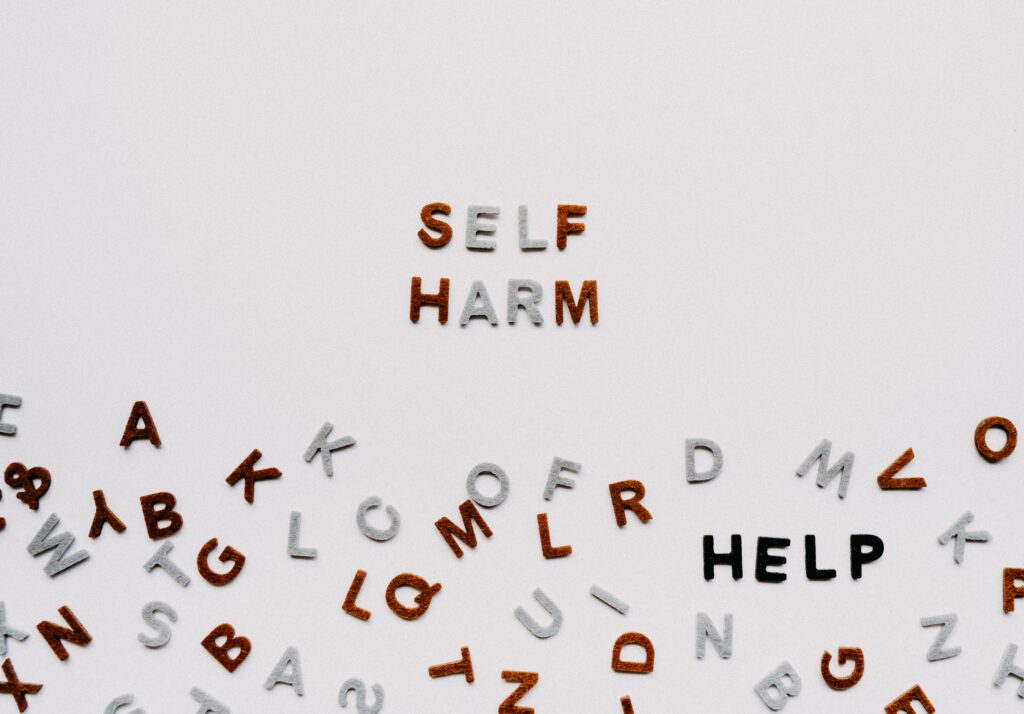As a parent, it can be difficult to intervene in your child’s mental health, especially as they enter their teenage years. Teenagers crave trust, independence, and solitude. However, it is your responsibility as a parent to ensure their wellbeing and be as involved as possible if you discover that your child might be self-harming.
As challenging and oftentimes scary as this reality might be, it is important to take ownership over supporting your child through their mental health journey. In this article, we will outline how to do just that.
Keep Your Cool
First and foremost: don’t panic. This may seem nearly impossible, especially in the moments after finding out that your child has been self-harming, but it is imperative for the next steps you and your child must take to embark on the road to recovery. Remember to take a beat and ensure that your child is not in immediate danger before moving forward in any way, shape or form. If you panic, it is likely that your child will mirror this behavior, and it can cause them to put up a wall instead of allowing you to help them make a game plan.
Get Educated
If you never dealt with self-harm yourself, it’s possible you could be unaware of what to expect. Do your homework and get as educated as possible about treatment plans, causes of self-harm, and the science behind what might be happening in your child’s brain. There are a variety of treatment plans and recommendations out there, so make sure you educate yourself.
Focus on Communication
Keep in communication with your child after discovering that they have been self-harming. Not only will this help give you peace of mind as a parent that they are safe, but it will help your child feel more supported and cared for. Don’t try to pry and smother them in questions, simply check-in and let them know you are there.
Do Not Talk About it In Public
Avoid bringing up your child’s mental health and self-harming habits in public. This can create shame and again make them wish that they still kept their struggles a secret. Only discuss your child’s mental health in a safe space such as at home, at the doctors, or in a private setting.
Seek Professional Help Right Away
It might seem sudden to immediately start involving professionals in your child’s healing journey, but when it comes to self-harm, it is imperative to seek help right away. This will help you as a parent learn new strategies and speed up the recovery and stabilization process for your child.
Build a Network for Support
Support networks can be a great way to help your child feel part of a community and less alone when suffering with mental health. Everyone has to take care of their mental health, and the more you can normalize talking about it, the better! This will encourage your child to drop shame associated with their struggles and can even make it less scary to open up to you or their mental health professional about what is really going on.
Take Care of Yourself, Too
In the midst of helping your child find the support they need, don’t forget to practice what you preach and take care of your own mental health, too. If you are struggling, it will be more challenging to help your child. Take time for yourself and speak with a professional about strategies to support yourself while being there for your child!
To seek professional support and find a therapy method that works for you, contact NeuroBehavioral Associates today.

